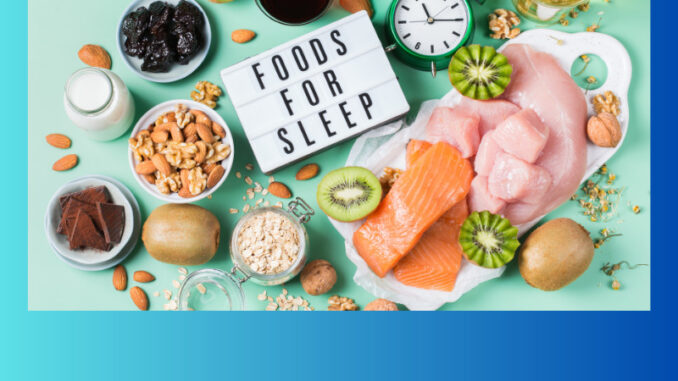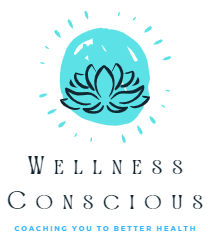
Are you struggling to get a good night’s sleep? It could be more than just a restless mind or a noisy neighbor keeping you awake. Poor nutrition can significantly impact your sleep patterns, making you groggy and irritable throughout the day.
In today’s fast-paced world, it’s easy to prioritize convenience over quality in our diets. But did you know that what you eat can directly affect the quality and duration of your sleep? This article will explore the fascinating connection between sleep deprivation and diet. And how simple changes to your eating habits can help you achieve a more restful and rejuvenating slumber. So, if you’re ready to bid farewell to those sleepless nights, keep reading to discover how poor nutrition could sabotage your sleep.
The link between sleep deprivation and diet
Sleep deprivation and diet are closely intertwined, one significantly impacting the other. Research has shown that individuals who consume a poor diet are more likely to experience sleep disturbances. Like difficulty falling asleep, staying asleep, or achieving deep restorative sleep.
This connection is due to various factors. Including the effect of certain nutrients on sleep-regulating hormones, the role of inflammation in disrupting sleep, and the impact of unhealthy eating habits on overall sleep hygiene.
When we consume a diet that lacks essential nutrients, our body’s ability to regulate sleep is compromised. Nutrients like magnesium, zinc, and B vitamins are crucial in producing neurotransmitters and hormones that promote relaxation and sleep.

Additionally, the consumption of inflammatory foods, such as processed sugars and unhealthy fats, can trigger inflammation in the body. Interfering with the natural sleep-wake cycle. Moreover, unhealthy eating habits, such as irregular meal timing or excessive caffeine intake, can disrupt your circadian rhythm and make it challenging to fall asleep.
It is crucial to pay attention to our diet and make conscious choices to improve our sleep quality which supports healthy sleep. By incorporating nutrient-dense foods and avoiding sleep-disrupting substances. We can create an environment conducive to restful sleep and wake up refreshed and energized.
How poor nutrition affects sleep patterns
Poor nutrition has a profound impact on our sleep patterns, leading to a host of sleep disturbances and daytime fatigue. One of the critical ways diet affects sleep is through regulating sleep-regulating hormones, such as melatonin and serotonin.
These hormones signal our body when it’s time to sleep and wake up. Our sleep-wake cycle can become disrupted when our diet lacks the nutrients necessary for these hormones’ production and proper functioning.
Minerals and Hormones
For example, magnesium is a mineral crucial in producing melatonin, the hormone that regulates our sleep-wake cycle. A magnesium deficiency can lead to difficulty falling or staying asleep throughout the night. Similarly, inadequate levels of vitamin B6 can hinder the transformation of tryptophan, an amino acid found in certain foods, into serotonin, a neurotransmitter that helps regulate sleep. Without enough serotonin, your sleep quality can be compromised.
In addition to hormone regulation, poor nutrition can also contribute to sleep disturbances by promoting inflammation in the body. Consuming a diet high in processed sugars and unhealthy fats can trigger an inflammatory response, disrupting the natural sleep-wake cycle. Inflammation can lead to increased levels of stress hormones, like cortisol, which can interfere with the ability to fall asleep and stay asleep.
Furthermore, certain substances in our diet, such as caffeine and alcohol, can directly impact our sleep patterns. Caffeine, commonly found in coffee, tea, and energy drinks, is a stimulant that can interfere with our ability to fall asleep. It can stay in our system for hours after consumption, making it essential to limit our intake, especially in the afternoon and evening. Similarly, while alcohol may initially make us feel drowsy, it can disrupt our sleep by causing frequent awakenings during the night and reducing the overall quality of our sleep.
If you found this article helpful, please share. Check back regularly for parts 2,3, and 4 of this article to learn more.
